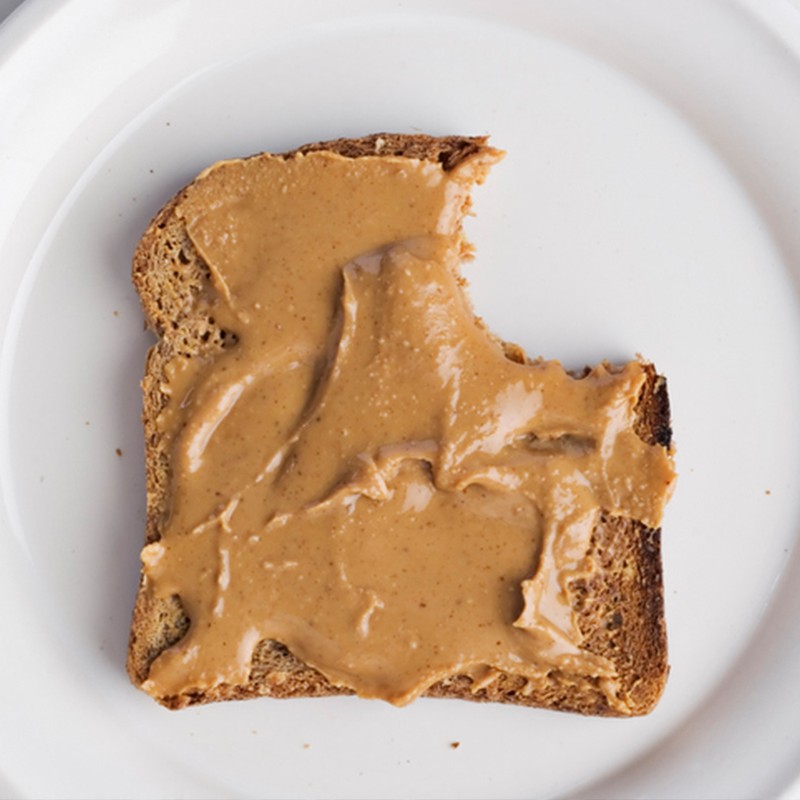Good Fats vs Bad Fats
THE FAT CONSPIRACY
For years, we’ve been told the best way to lose weight is to cut fat from the diet. Fat contains more calories per gram than protein or carbs, so eating less fat means consuming less total calories, and therefore weight loss follows, right? Wrong. As nutritionist Jenna Hope explains, scientist Ancel Keys may have kick-started the low-fat craze with misleading statistics in the 1970s. “Keys infamously conducted the seven-countries study, which showed an association between dietary fat intake and an increased risk of cardiovascular disease. However, a few years later, it was noted this study had been manipulated to ensure the findings supported his original hypothesis. In 1972, professor John Yudkin claimed it was sugar, not fat, that was contributing to cardiovascular risk factors.” In short, fat has been wrongly demonised ever since.
WHY YOU NEED FATS
Healthy fats – i.e. the ones that come from whole, unprocessed, not-fried foods – are a vital macronutrient, just like protein and carbohydrates. Fat is the building blocks of our hormones, brain and nerve tissue, and is also used to absorb vital nutrients like vitamin A, D, E and K. As Jenna explains: “Fats play a vital role in supporting hormone production, joint health, brain health, energy, the absorption of fat-soluble vitamins and maintaining cellular function.” Cutting fat from your diet could also be preventing you from losing weight – studies show combining fats and carbs in the same meal will keep blood sugar stable and keep you fuller for longer. At the same time, certain fats, like the ones found in coconut oil, are known to increase metabolism. These fats, called MCTs, can stimulate fat burning, thyroid function and energy production. If that wasn’t enough, healthy fats have also been shown to lower blood cholesterol and the risk for heart disease.
THE FAT BASICS
“Good fats refer to unsaturated fats in the form of mono and polyunsaturated fatty acids. Sources of these include avocados, nuts, olives, olive oil, seeds and oily fish,” says Jenna. Healthy fats can also be found in eggs, wild salmon, sardines, organic yoghurt and full-milk kefir. Bad fats, on the other hand, include highly processed foods like baked goods, convenience and packaged foods, snacks and desserts. These are often referred to as trans fats. Jenna also recommends cutting back on saturated fats like red and processed meats, hard cheese and butter. To cut the risk of heart disease, it’s wise to saturated fats for good fats – monounsaturated fats can protect the heart by maintaining levels of ‘good’ HDL cholesterol while reducing the ‘bad’ LDL cholesterol. And when it comes to eggs, new research has confirmed they won’t raise your cholesterol. “Eggs are nutrient-dense foods and are a great source of protein, vitamins A and D and choline. Two eggs per day is ample,” Jenna says.
AVOID FAT-FREE FOODS
Before you reach for that fat-free dessert, bear in mind this is unlikely to do your body any favours. “When the fats are removed from foods they’re often replaced with sugar or artificial sweeteners to maintain palatability,” Jenna says. “As a result, low-fat foods are often higher in sugar. Additionally, as fats are essential for the absorption of fat-soluble vitamins, removing fats from the diet could reduce absorption of these nutrients and may contribute to a deficiency.”
KNOW YOUR OILS
Think twice before mainlining the coconut oil, says Jenna. “Coconut oil isn’t something that should be actively avoided as it does contain some health benefits, although it’s not something that needs to be consumed in excess – it should be used when appropriate for the cuisine, e.g. in curries and Thai cooking. Try to focus on cooking with avocado oil, olive oil light and sesame oil as they have a higher smoking point than olive oil. Extra virgin oil, flaxseed oil and unrefined oils are great for adding to salads or soups for an extra hit of mono and polyunsaturated fats. Ideally, avoid highly processed oils such as sunflower, palm and vegetable oils.”
THINK ABOUT DAILY INTAKE
The question remains, how much fat should be in your diet? “About 35% of total dietary intakes should come from fats, with no more than 10% from saturated fats,” Jenna says. For an individual consuming 2,000 calories per day, that equates to 77g of dietary fats, with no more than 7.7g from saturated fats. And when it comes to portion sizes, remember it may be smaller than you think. “For oils, spreads and dressings, one teaspoon is considered a portion. Half an avocado or a small handful of nuts is also equivalent to one portion. Much like anything, there is such a thing as too much, so stick to around 35% of your total dietary intake,” Jenna advises.
THE TAKEAWAY
Like all things, moderation is key. Healthy fats help keep your heart healthy and the body lean, but only if eaten in moderation. Be mindful of portion sizes but don’t discard them completely – healthy fats are essential.
Shop Jenna's edit of products below..
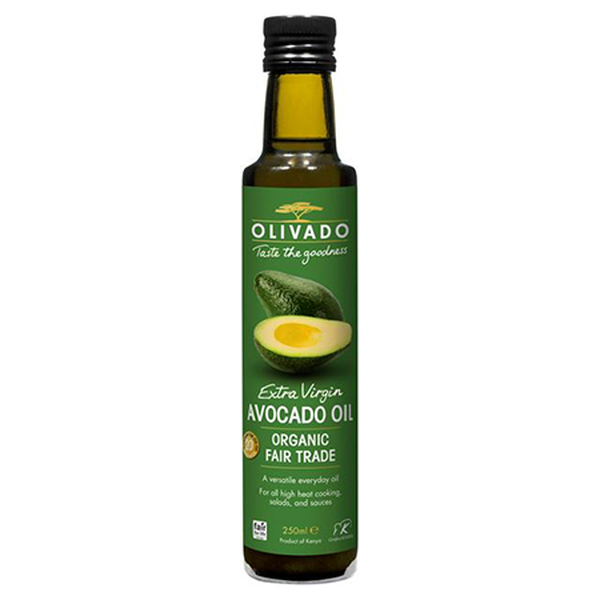
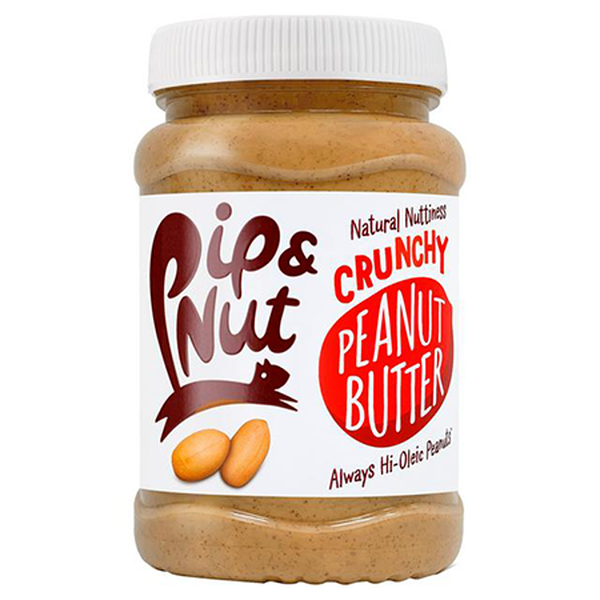
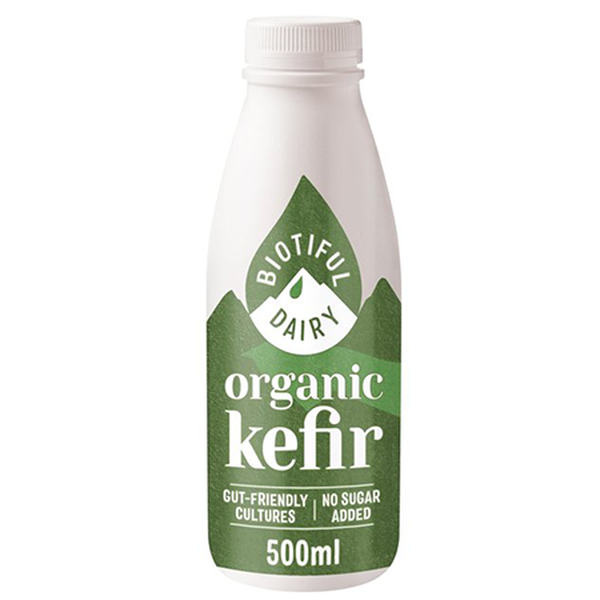
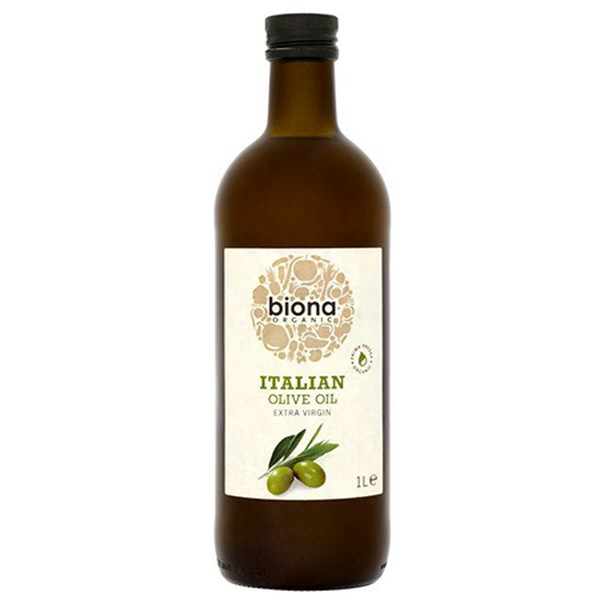
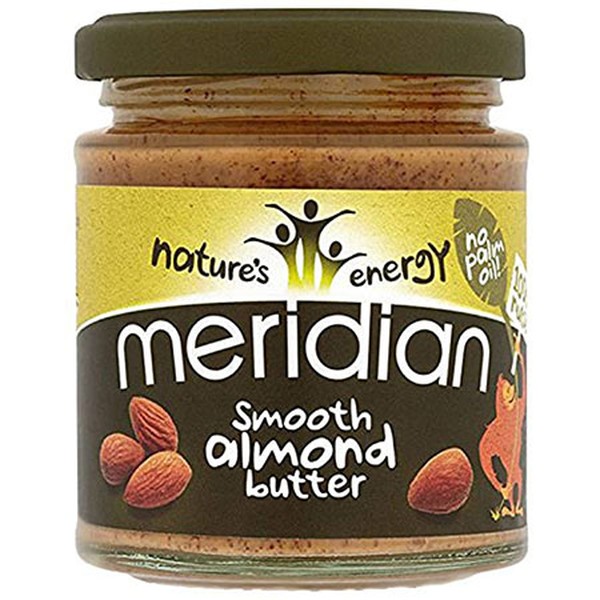
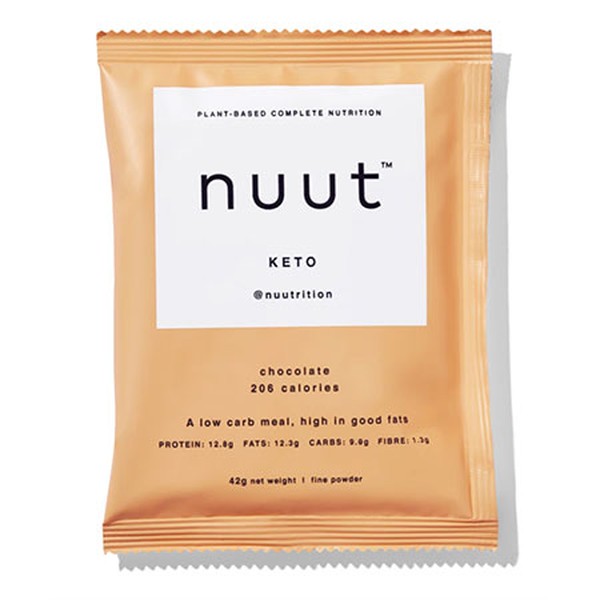
For more information visit JennaHopeNutrition.com
*Features published by SheerLuxe are not intended to treat, diagnose, cure or prevent any disease. Always seek the advice of your GP or another qualified healthcare provider for any questions you have regarding a medical condition, and before undertaking any diet, exercise or other health-related programmes.
DISCLAIMER: We endeavour to always credit the correct original source of every image we use. If you think a credit may be incorrect, please contact us at info@sheerluxe.com.
